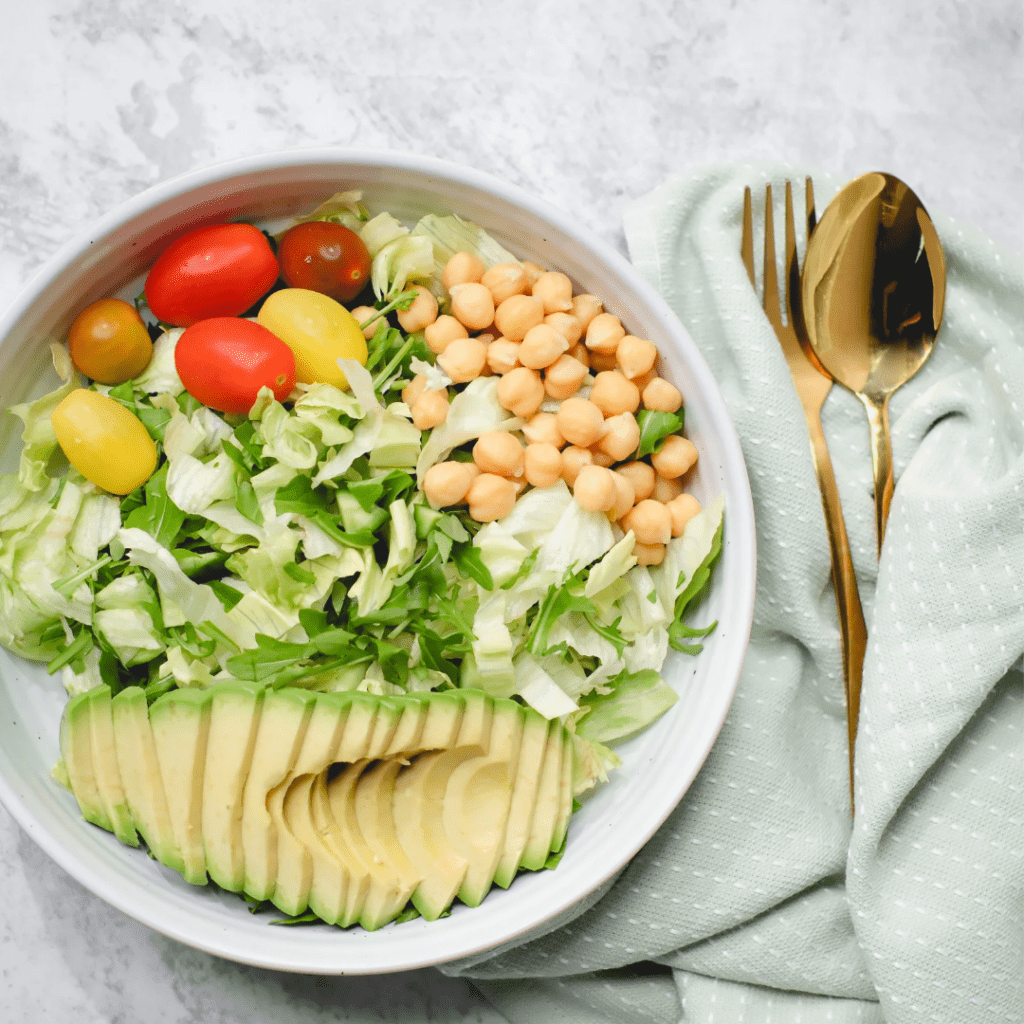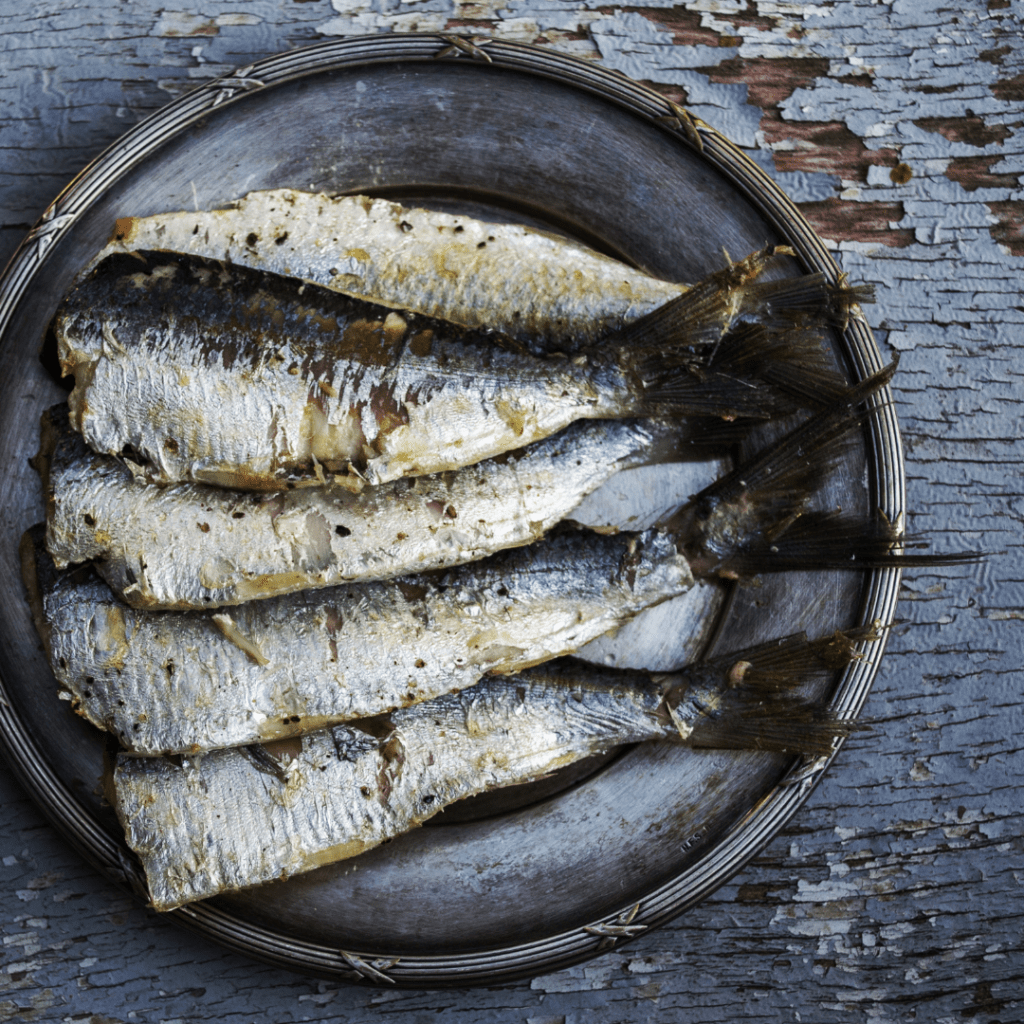The Marvels of the Mediterranean Diet

Embracing a Healthful Lifestyle
In the realm of nutrition, the Mediterranean Diet stands out as a beacon of balanced and wholesome eating. This age-old approach to nourishment not only tantalizes the taste buds but also nourishes the body in a way that promotes overall well-being.

A Gastronomic Journey
The Foundation – Olive Oil
At the heart of this diet lies the liquid gold of the Mediterranean region – olive oil. Rich in monounsaturated fats and antioxidants, it not only adds a delightful flavor to dishes but also bestows numerous health benefits.
Abundance of Fresh Produce
Fruits and vegetables take center stage, providing a colorful and nutrient-packed array that supports optimal health. These natural wonders are teeming with vitamins, minerals, and fiber, promoting a robust immune system and aiding digestion.
The Mediterranean Table
Whole Grains and Legumes
Grains like whole wheat, barley, and bulgur, along with legumes such as lentils and chickpeas, form a crucial part of the Mediterranean Diet. These complex carbohydrates offer sustained energy and are a rich source of fiber, supporting heart health and weight management.

Lean Proteins – Fish and Poultry
Seafood, especially fatty fish like salmon and mackerel, contributes omega-3 fatty acids that are renowned for their heart-protective benefits. Poultry, prepared with minimal processing, adds lean protein to the diet, supporting muscle health.
Dairy in Moderation
Moderation is the key when it comes to dairy in the Mediterranean Diet. Greek yogurt and cheese are enjoyed in sensible amounts, providing calcium and probiotics for gut health.
The Power of Herbs and Spices
Flavorful Medicine
Herbs and spices not only enhance the taste of dishes but also offer a plethora of health benefits. From anti-inflammatory properties to aiding digestion, these culinary gems elevate the nutritional profile of meals.
Health Beyond the Plate
The Social Element
Shared Meals and Connections
The Mediterranean Diet is not just about what’s on the plate but also about how it’s enjoyed. Shared meals with family and friends create a sense of community, fostering mental well-being and reducing stress.
Physical Activity as a Lifestyle
Exercise is woven into the fabric of Mediterranean living. Whether it’s a leisurely stroll after dinner or engaging in outdoor activities, the emphasis on movement contributes to a healthier, more active life.
Scientifically Supported Benefits
Heart Health
Numerous studies have highlighted the positive impact of the Mediterranean Diet on cardiovascular health. The combination of olive oil, fish, and whole grains contributes to lower cholesterol levels and reduced risk of heart disease.
Weight Management

The abundance of fiber-rich foods and emphasis on lean proteins make the Mediterranean Diet an ally in weight management. The satisfaction derived from nutrient-dense meals helps curb overeating.
Practical Tips for Adopting the Mediterranean Diet
Gradual Transition
Embarking on the Mediterranean Diet doesn’t require an abrupt overhaul. Start by incorporating small changes, like replacing butter with olive oil or opting for whole grains instead of refined ones.
Embrace Variety
The richness of the Mediterranean Diet lies in its diverse array of foods. Experiment with different fruits, vegetables, and grains to keep meals exciting and ensure a broad spectrum of nutrients.
Mindful Eating
Savor each bite and eat with intention. The Mediterranean lifestyle emphasizes the joy of eating, encouraging a slower pace that allows the body to recognize satiety cues and aids in better digestion.
A Week in the Mediterranean
Monday – Fruity Start

Begin the week with a breakfast of Greek yogurt topped with fresh fruits and a drizzle of honey. Lunch can be a colorful salad featuring tomatoes, cucumbers, olives, and feta cheese. For dinner, indulge in grilled fish with a side of quinoa and roasted vegetables.
Wednesday – Legume Fiesta
Midweek, enjoy a lunch of chickpea salad with cherry tomatoes, parsley, and a light lemon vinaigrette. Dinner could include a hearty lentil soup paired with whole-grain bread. Snack on a handful of nuts for added crunch and nutrition.
Saturday – Seafood Extravaganza
As the weekend approaches, relish a seafood-centric dinner. Grilled shrimp with a Mediterranean-inspired marinade, accompanied by couscous and steamed asparagus, makes for a delectable and healthy feast.

Sustaining the Mediterranean Lifestyle
Staying Hydrated
Water and Herbal Infusions
Hydration is a cornerstone of well-being. In the Mediterranean tradition, water is the primary beverage, often infused with herbs like mint or basil for a refreshing twist.
Occasional Wine Enjoyment
Wine, particularly red wine, is consumed in moderation and often accompanies meals. Rich in antioxidants, it adds a convivial touch to gatherings while offering potential heart health benefits.
Culinary Creativity
Recipe Adaptations
Infuse your favorite recipes with Mediterranean flair. For instance, substitute traditional cooking oils with olive oil or incorporate more vegetables and herbs for added flavor and nutrition.
Seasonal Eating
Take advantage of seasonal produce. Not only does this practice support local agriculture, but it also ensures a diverse and nutrient-rich diet throughout the year.

In the tapestry of diets, the Mediterranean Diet emerges not just as a set of guidelines but as a way of life. It beckons with flavors, nourishes with nutrients, and fosters a holistic approach to well-being. So, let the Mediterranean magic unfold on your plate, and savor the journey towards a healthier, more vibrant you.







